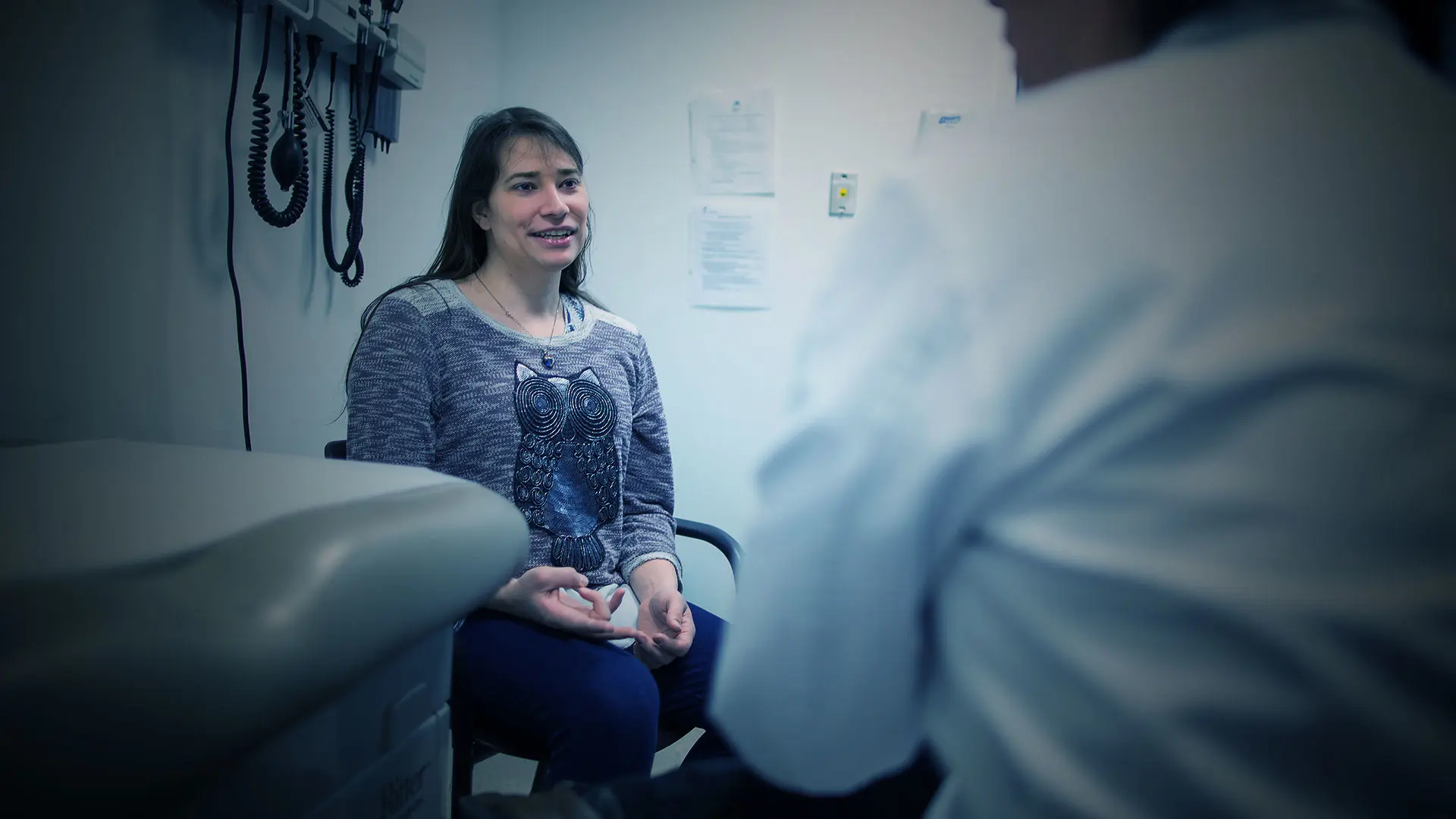Even without firm scientific evidence, physicians often recommend that transgender women
who are undergoing gender-affirming surgery suspend hormone therapy to reduce the risk of venous thromboembolism (VTE). In a study with the potential to change current practice, a
Mount Sinai research team found the risk of blood clots to be minimal, and that patients can
safely remain on critical estrogen therapy during their surgery. The study was published in
March 2021 in The Journal of Clinical Endocrinology and Metabolism.
“Sudden stoppage of hormone therapy is very uncomfortable for most transgender women,
and can cause significant emotional distress,” said co-author Joshua Safer, MD, Executive
Director of the Mount Sinai Center for Transgender Medicine and Surgery, one of the largest
centers of its type in the country. “For the first time, we’ve set important new guidelines for the field that suggest there is no real need to subject patients having gender-affirming procedures to the discomfort of withholding estrogen therapy.”
So far, explanatory language has been added to the Standards of Care of the World Professional Association for Transgender Health to note that data do not support suspending hormone therapy in the perioperative period.
Many specialists advocate for halting hormones for two to four weeks prior to surgery out of
concern that exogenous estrogen therapy will increase the risk of intraoperative and
postoperative venous thromboembolism. The lack of published studies, however, has led to
great heterogeneity in surgical practice.
“For the first time, we’ve set important new guidelines for the field that suggest there is no real need to subject patients having gender-affirming procedures to the discomfort of withholding estrogen therapy.”
- Joshua Safer, MD
For its retrospective study, the Mount Sinai team examined 407 cases of transfeminine patients undergoing primary vaginoplasty. From that pool, 190 cases were performed with estrogen suspended for one week prior to surgery, while 212 cases were conducted with no stoppage of hormone therapy. Researchers found only one patient among all participants who presented with VTE, and that individual was from the group whose hormone therapy was suspended prior to surgery. No events were observed among patients who continued therapy.
An aggressive blood clot prevention program is seen as playing a pivotal role in the Mount Sinai Center for Transgender Medicine and Surgery’s low thromboembolism rate. According to John Henry Pang, MD, Assistant Professor of Plastic and Reconstructive Surgery at the Icahn School of Medicine at Mount Sinai and the study’s senior author, that program relies heavily on chemoprophylaxis that includes heparin or enoxaparin following surgery. Also important to clot prevention is getting patients out of bed and walking the first day after surgery as a way of “focusing on known and modifiable risk factors that translate into the best outcomes for our patients,” Dr. Pang adds.
The Center is among the world leaders in transgender medicine and surgery, performing several hundred procedures each year. Its highly experienced team includes specialists in
endocrinology, plastic surgery, gynecology, urology, otolaryngology, behavioral health, primary care, and social work. Along with other support services, this team guides transgender patients through each stage of their journey, from initial assessment and screening to hormonal therapy and surgery to post-transition care.
Because of its size and reputation, Mount Sinai’s transgender program is well positioned to help set guidelines for the entire field. “Our ongoing research and clinical practice in areas such as blood clot risk and prevention gives us a clear advantage in generating evidence that’s vital to developing national standards for the field of transgender medicine and surgery,” Dr. Safer says.
Featured

Joshua Safer, MD
Professor of Medicine (Endocrinology, Diabetes and Bone Disease); Director, Center for Transgender Medicine and Surgery

Daniel Slack, MD
Assistant Professor of Medicine (Endocrinology, Diabetes and Bone Disease)
